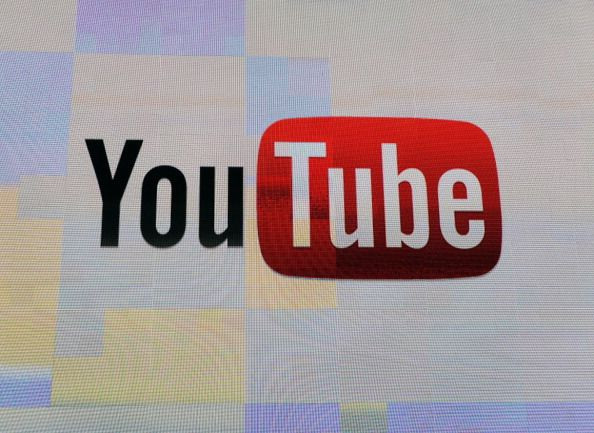YouTube Algorithm Change 2019: Conspiracy Theory Videos Will No Longer Be Recommended

YouTube has announced that it is changing what videos will be recommended to users on its site. Using a new algorithm, the company will prevent conspiracy and false information videos from appearing as recommended content to users.
The move by YouTube to restructure its algorithms will take effect in small doses with less than 1 percent of its content undergoing the change. The affected content includes only English-language videos and is part of an effort that is expected to take place over the next six months.
None of the videos that YouTube deems a “conspiracy” or “false content” video will be removed from the site. These videos will still be available in searches and to users that subscribe to such channels.
“We think this change strikes a balance between maintaining a platform for free speech and living up to our responsibility to users,” YouTube said in a blog post that it posted on Friday.
YouTube’s blog also talked about its intended retooling plans saying, it would be “taking a closer look at how we can reduce the spread of content that comes close to—but doesn’t quite cross the line of—violating our Community Guidelines.”
“To that end, we’ll begin reducing recommendations of borderline content and content that could misinform users in harmful ways—such as videos promoting a phony miracle cure for a serious illness, claiming the earth is flat, or making blatantly false claims about historic events like 9/11.”
Six months ago, YouTube began to retool its recommendation feature as it hired on human evaluators to review content based on set guidelines, using the feedback to train its algorithms for better recommendations for users, The Washington Post reported.
“This will be a gradual change and initially will only affect recommendations of a very small set of videos in the United States,” YouTube said.
“Over time, as our systems become more accurate, we'll roll this change out to more countries. It's just another step in an ongoing process, but it reflects our commitment and sense of responsibility to improve the recommendations experience on YouTube.”
© Copyright IBTimes 2025. All rights reserved.





















